Zinc supplements and tablets are essential for supporting overall health, and Welzo’s curated collection offers targeted solutions for boosting your immune system, enhancing skin health and promoting general wellness. Zinc plays a critical role in numerous bodily functions, including immune support, wound healing and maintaining healthy vision. It is also known for its ability to help manage inflammation, support hormonal balance and reduce the severity and duration of common colds. To complement your routine, you can also explore our wider range of essential Minerals to support long-term health.
Whether you are dealing with skin concerns such as acne or looking for a way to bolster your immune defences, zinc is a must-have mineral. Our premium selection of zinc supplements provides a trusted and convenient way to help ensure you are getting an appropriate daily intake. Zinc’s impact on skin health is particularly notable, helping to support the healing process and promote clearer, more radiant skin.
What Is Zinc?
Zinc is an essential trace mineral required by every cell in the body. It is involved in hundreds of enzymatic reactions that support immune function, protein synthesis, hormone regulation, skin repair and antioxidant protection. Because the body does not store large reserves of zinc, a regular supply from food or supplements is important to maintain optimal levels.
Dietary sources include meat, shellfish, dairy, whole grains, nuts and seeds. However, restricted diets, lifestyle factors, illness or increased requirements can make zinc supplementation a useful way to maintain adequate intake under professional guidance.
Key Benefits and Features of the Welzo Zinc Supplements & Tablets Collection
Our zinc supplements and tablets are carefully selected to support:
-
Immune system function: Zinc contributes to the normal function of the immune system, helping your body respond effectively to everyday challenges.
-
Skin health and wound healing: Zinc supports normal skin and plays a role in tissue repair, making it popular for those with blemish-prone or irritated skin.
-
Hormonal balance and fertility: Zinc is involved in normal hormone production and fertility, particularly in men.
-
Antioxidant protection: It contributes to normal DNA synthesis and helps protect cells from oxidative stress.
-
General wellness: Zinc supports normal cognitive function, vision and metabolism of macronutrients.
For those focused on immune resilience, our zinc range pairs well with products in our Immunity Supplements collection. If your main concern is skin appearance and texture, you may also be interested in our dedicated Skin Care collection and solutions targeted at acne and blemish-prone skin.
Why Zinc Is Important for Your Health
Zinc is fundamental for healthy immune responses, skin integrity, hormone balance and cellular repair. Low zinc status has been associated with increased susceptibility to infections, slower wound healing and skin problems in some individuals. Supporting optimal zinc intake can therefore be an important part of maintaining everyday resilience and recovery.
Zinc also works alongside other key trace minerals in the body. For comprehensive micronutrient support, you can explore our Trace Minerals collection, which offers a range of essential minerals that work together for overall wellness. To complement bone and muscle health, many customers also consider Calcium supplements as part of a broader nutrition plan.
How to Use Zinc Supplements & Tablets Safely
Always follow the usage instructions on the product label. General guidance includes:
- Take zinc supplements with food, unless otherwise directed, to reduce the chance of stomach discomfort.
- Do not exceed the recommended daily dose, as excessive zinc intake may interfere with the absorption of other minerals such as copper.
- Speak to a GP or pharmacist if you are pregnant, breastfeeding, have a medical condition or take regular medication.
- Allow at least two hours between zinc supplements and certain medicines or other minerals if advised by a healthcare professional.
Zinc supplements are designed to complement, not replace, a balanced diet rich in whole foods.
Different Types of Zinc Supplements & Tablets Available
-
Zinc tablets & capsules: Simple, measured doses suitable for daily use.
-
Different zinc forms: Including citrate, gluconate, picolinate or bisglycinate, chosen for their bioavailability and tolerability.
-
Combination formulas: Zinc paired with other nutrients such as vitamin C or B vitamins for synergistic support.
-
Targeted blends: Formulas focused on immune health, skin support or men’s health that feature zinc as a key ingredient.
Most Popular Zinc Supplements at Welzo
Customers frequently choose zinc supplements that:
- Provide a moderate daily dose suitable for long-term use.
- Use highly absorbable forms of zinc.
- Are easy to swallow and fit into an existing supplement routine.
- Come from brands with strong quality control and transparent labelling.
Statistics, Research and Expert Information on Zinc
Research has consistently highlighted zinc’s importance for immune defence, skin repair, reproductive health and antioxidant protection. Zinc is often studied in the context of respiratory infections, wound healing and skin conditions, with evidence suggesting that adequate intake is important for normal recovery and resilience.
For expert commentary, educational articles and up-to-date guidance on zinc and other nutrients, you can explore the nutrition and wellness resources available in our Welzo Health Blog.
How We Select Our Zinc Supplements & Tablets Collection
At Welzo, we carefully curate zinc products using strict quality and safety criteria:
- Products sourced from trusted brands with strong manufacturing standards.
- Clearly stated zinc dosage, form and serving size on every label.
- Preference for formulations that minimise unnecessary additives.
- Options suitable for different dietary preferences, including vegetarian or vegan products where available.
Trusted by Experts and Quality Assurance at Welzo
To learn more about our team, quality framework and ingredient standards, visit:
Zinc Supplement Reviews
Customer experiences can help you compare products and choose the most suitable option. Read verified feedback and ratings on our Welzo Reviews page.
Frequently Asked Questions About Zinc Supplements & Tablets
How much zinc should I take daily?
Recommended intakes vary by age, sex and health status. Many adult supplements provide a dose aligned with typical guideline ranges. Always follow the label instructions or your healthcare provider’s advice.
Can I get enough zinc from food alone?
Many people can meet their zinc needs through a balanced diet rich in meat, shellfish, dairy, whole grains, nuts and seeds. Supplements may be useful for those with restricted diets, higher requirements or under professional recommendation.
Can zinc help with colds and immunity?
Zinc contributes to the normal function of the immune system. Some people use zinc at the first sign of a cold, but results depend on timing, dose and overall health. It should be part of an overall approach that includes sleep, hydration and nutrition.
Does zinc help with acne and skin concerns?
Zinc supports normal skin and tissue repair, and is often included in routines for blemish-prone skin. However, acne has many causes, so it is important to seek advice from a healthcare professional or dermatologist for persistent issues.
Is it safe to take zinc long term?
Zinc can be taken long term at appropriate doses. High intakes over extended periods may affect other minerals such as copper, so avoid exceeding recommended amounts without medical supervision.
When is the best time of day to take zinc?
Many people take zinc with a main meal to support absorption and reduce the chance of stomach upset. Follow the directions on your chosen product and adjust timing if advised by your healthcare provider.
Can I take zinc with other supplements?
Zinc is often combined with vitamins and minerals. However, very high doses of some nutrients taken together may compete for absorption, so discuss your full supplement routine with a healthcare professional, especially if it includes iron or copper.
Who should be cautious with zinc supplements?
Anyone with kidney disease, ongoing medical conditions, those taking regular medicines, pregnant or breastfeeding individuals should seek medical advice before starting zinc supplements.
Can children take zinc supplements?
Children have different nutrient requirements, and dosing needs to be age-appropriate. Only use zinc supplements for children on the advice of a GP, pharmacist or other qualified professional.










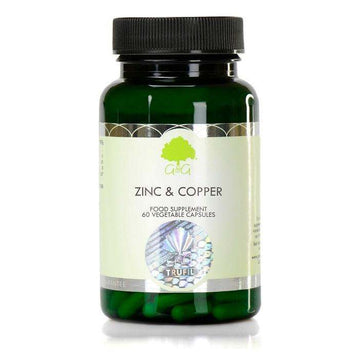

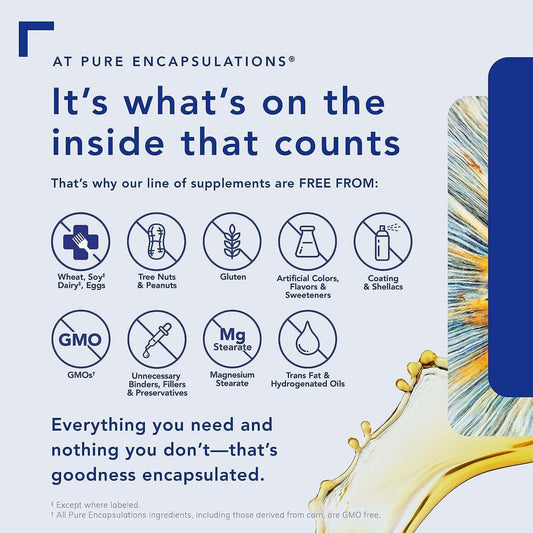
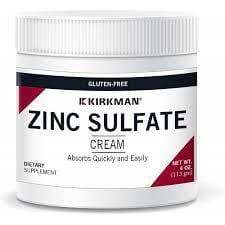




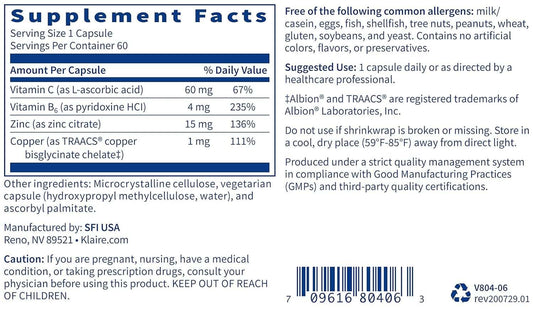

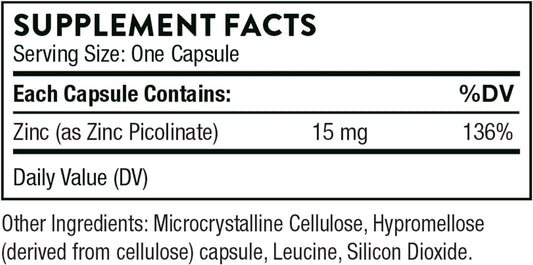


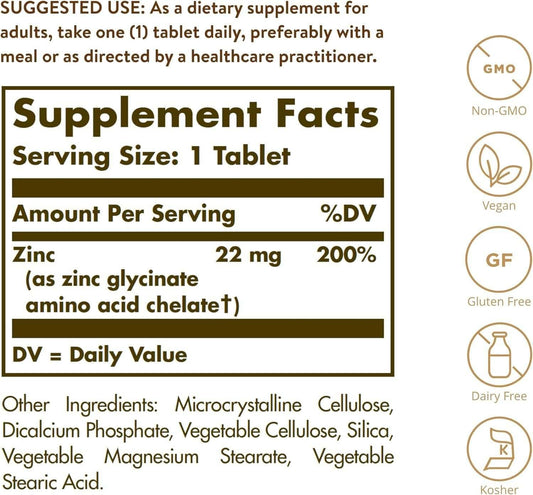


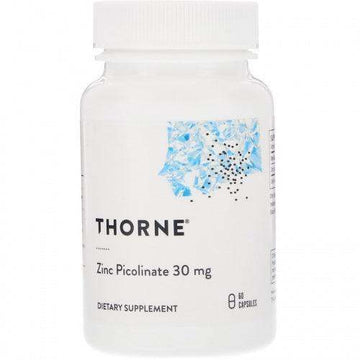
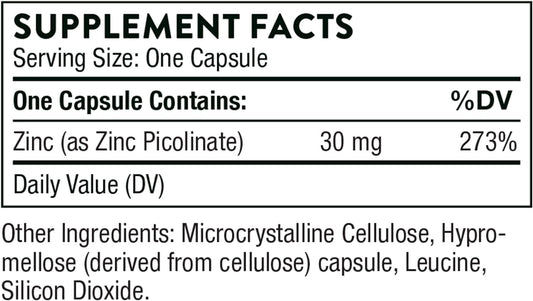


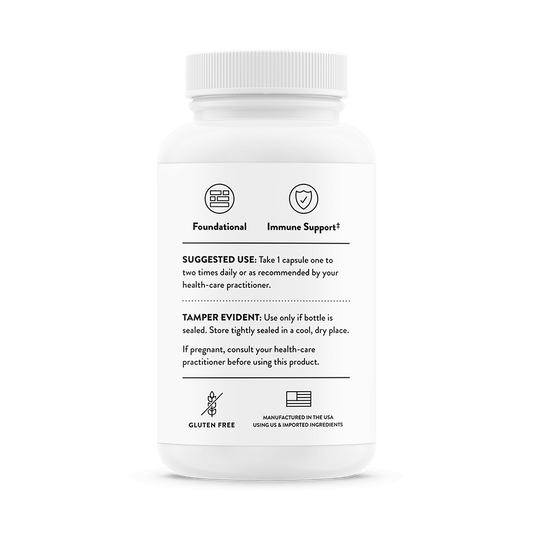
 Rated Excellent by 26,523+ Reviews
Rated Excellent by 26,523+ Reviews